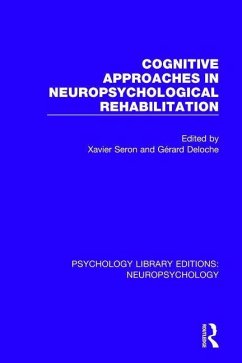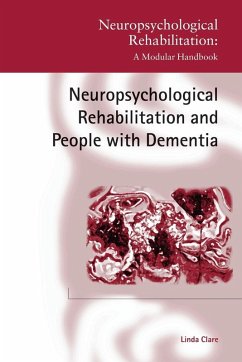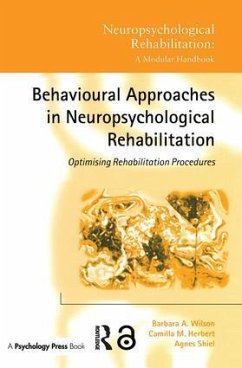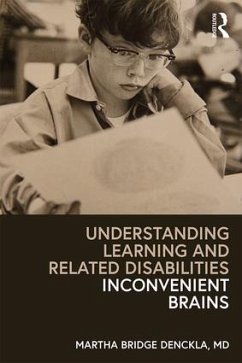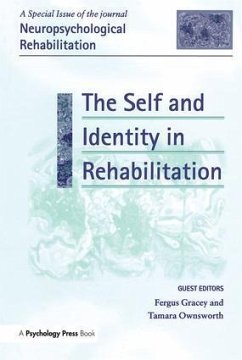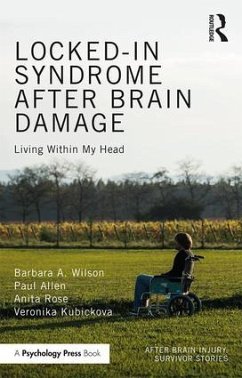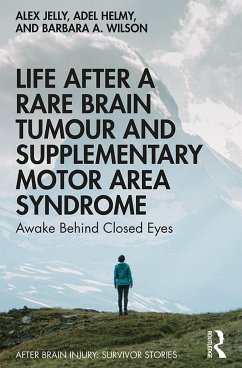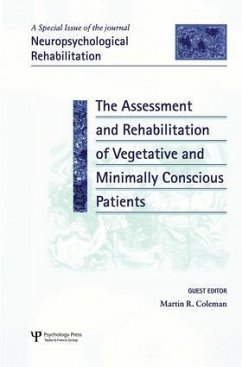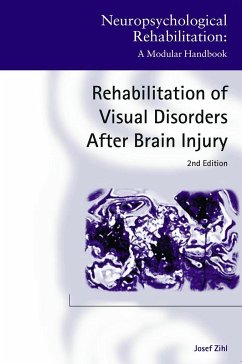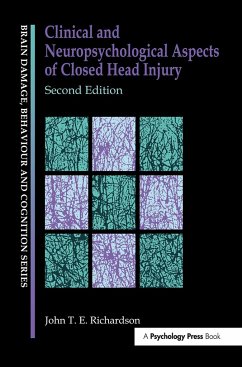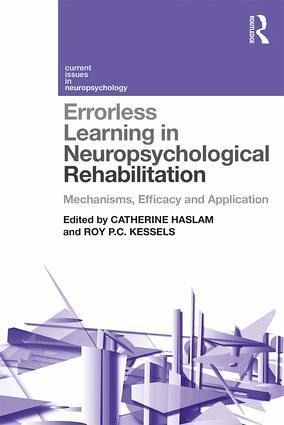
Errorless Learning in Neuropsychological Rehabilitation
Mechanisms, Efficacy and Application
Herausgeber: Haslam, Catherine; Kessels, Roy
Versandkostenfrei!
Versandfertig in 1-2 Wochen
59,99 €
inkl. MwSt.

PAYBACK Punkte
30 °P sammeln!
Errrorless learning is one of the most studied principles in neurorehabilitation. This is the first volume to capture all the key elements in the field in one invaluable resource, providing an up-to-date and broad analysis of the use of errorless learning principles in rehabilitation after brain injury. With contributions from key researchers in the field, Errorless Learning in Neuropsychological Rehabilitation covers the historical foundations of errorless learning, current understanding of underlying mechanisms which support learning and its use in memory and language in rehabilitation as ap...
Errrorless learning is one of the most studied principles in neurorehabilitation. This is the first volume to capture all the key elements in the field in one invaluable resource, providing an up-to-date and broad analysis of the use of errorless learning principles in rehabilitation after brain injury. With contributions from key researchers in the field, Errorless Learning in Neuropsychological Rehabilitation covers the historical foundations of errorless learning, current understanding of underlying mechanisms which support learning and its use in memory and language in rehabilitation as applied to particular populations across the age span. This volume also addresses questions of efficacy through analysis of research comparing errorless learning with other established learning methods and principles. Errorless Learning in Neuropsychological Rehabilitation is an essential resource for practitioners, researchers and students of psychology, neuropsychology and rehabilitation.





